Kristopher W. Kersey’s research focuses on the intersecting histories of Japanese art, design, and aesthetics. His first book Facing Images: Medieval Japanese Art and the Problem of Modernity(Penn State University Press, 2024) models a new paradigm for the study of art history, one that moves beyond reductive West/rest and modern/pre-modern frameworks. He is currently at work on two further monographs. The first, “Art as Metabolism: Fragmentation, Decay, and Assemblage,” discusses the nature of creativity, cultural heritage, and archival survival; the second, “The Discipline of Vision: Language and the Diversity of Sight,” interrogates the ways in which language inflects aesthetic experience. Shorter essays address an array of topics: the encounter with Europe ca. 1600 CE, the trope of impermanence, death and Buddhist manuscript culture, theory and historiography, and the archival anxieties in the Anthropocene.
His work has been supported by a variety of fellowships and grants: an Andrew W. Mellon Fellowship at the Center for Advanced Study in the Visual Arts (CASVA), a Getty Scholar fellowship at the Getty Research Institute, an Anne van Biema Fellowship at the National Museum of Asian Art, and a postdoctoral fellowship from the European Research Council (with Global Horizons in Pre-Modern Art at the University of Bern). He is currently a member of the traveling seminar, Afro–Eurasian Origins of Print: A Material, Social, and Theoretical History.
In academic year 2023–24, he held the William Andrews Clark Professorship at the UCLA Center for 17th– & 18th-Century Studies and the William Andrews Clark Memorial Library, wherehe organized the core program Open Edo: Diverse, Ecological, and Global Perspectives on Japanese Art, 1603–1868. The program entailed three conferences, which respectively addressedtransculturality in early modern Japan, environmental and eco-critical art history, and Ryūkyūanand Ainu art. An edited volume is underway.
At UCLA, he has taught seminars on time and narrative theory, print media in imperial Japan(1910–1945), fragmentation and decay, medieval pictorial scrolls (emaki), and transcultural approaches to early modernity.
He is a member of the First-Generation Faculty Initiative and is on the advisory boards for the CMRS Center for Early Global Studies, the Center for 17th– and 18th-Century Studies, and the Center for Buddhist Studies. He is also an affiliated faculty member with Global Antiquity.
Prospective Graduate Students. I am open to advising innovative and dynamic students working in all periods (ancient to contemporary) of Japanese art history, very broadly conceived. If interested in the program, feel free to email me directly.
Education
Ph.D. University of California, Berkeley
Recent Publications
- Facing Images: Medieval Japanese Art and the Problem of Modernity. University Park: Penn State University Press, 2024.
- Awarded a 2023 Millard Meiss Publication Grant, College Art Association
- “The ‘Renaissance,’ the Revenant: A Hauntology of Art History,” in Stephen Campbell and Stephanie Porras, eds., The Routledge Companion to Global Renaissance Art. London: Routledge, 2024.
- “The Early Modern Fold: Pleated Media in Japan’s Encounter with Europe,” in Making Worlds: Global Invention in the Early Modern Period, edited by Bronwen Wilson and Angel Vanhaelen, 25–57. Toronto: University of Toronto Press, 2022.
- “Impermanence, Futurity, and Loss in Twelfth-Century Japan,” in Destroyed – Disappeared – Lost – Never Were, edited by Beate Fricke and Aden Kumler, 87–99. University Park: The Pennsylvania State University Press, 2022.
- “The Classical as Critique in Japanese Art History.” In 造形のポエティカ:日本美術史を巡る新たな地平 The Poetics of Form: New Horizons in Japanese Art History, 1005–1027. Tokyo: Seikansha, 2021.
- “The Afterlife of the Western Canon: Archive and Eschatology in Contemporary Japan.” The Art Bulletin 102, no. 4 (December 2020): 121–145.
- “The Mediation of Death and the Temporality of the Scroll (Japan, c.1200 CE).” In The Continuous Page: Scrolls and Scrolling from Papyrus to Hypertext, edited by Jack Hartnell, 123–139. London: Courtauld Books Online, 2020.
- “Dynamism, Liquidity, and Crystallization in the Discourse of Japanese Art History.” In Einfluss, Strömung, Quelle: Aquatische Metaphern der Kunstgeschichte, edited by Ulrich Pfisterer and Christine Tauber, 287–310. Image 138. Bielefeld: Transcript Verlag, 2018.
